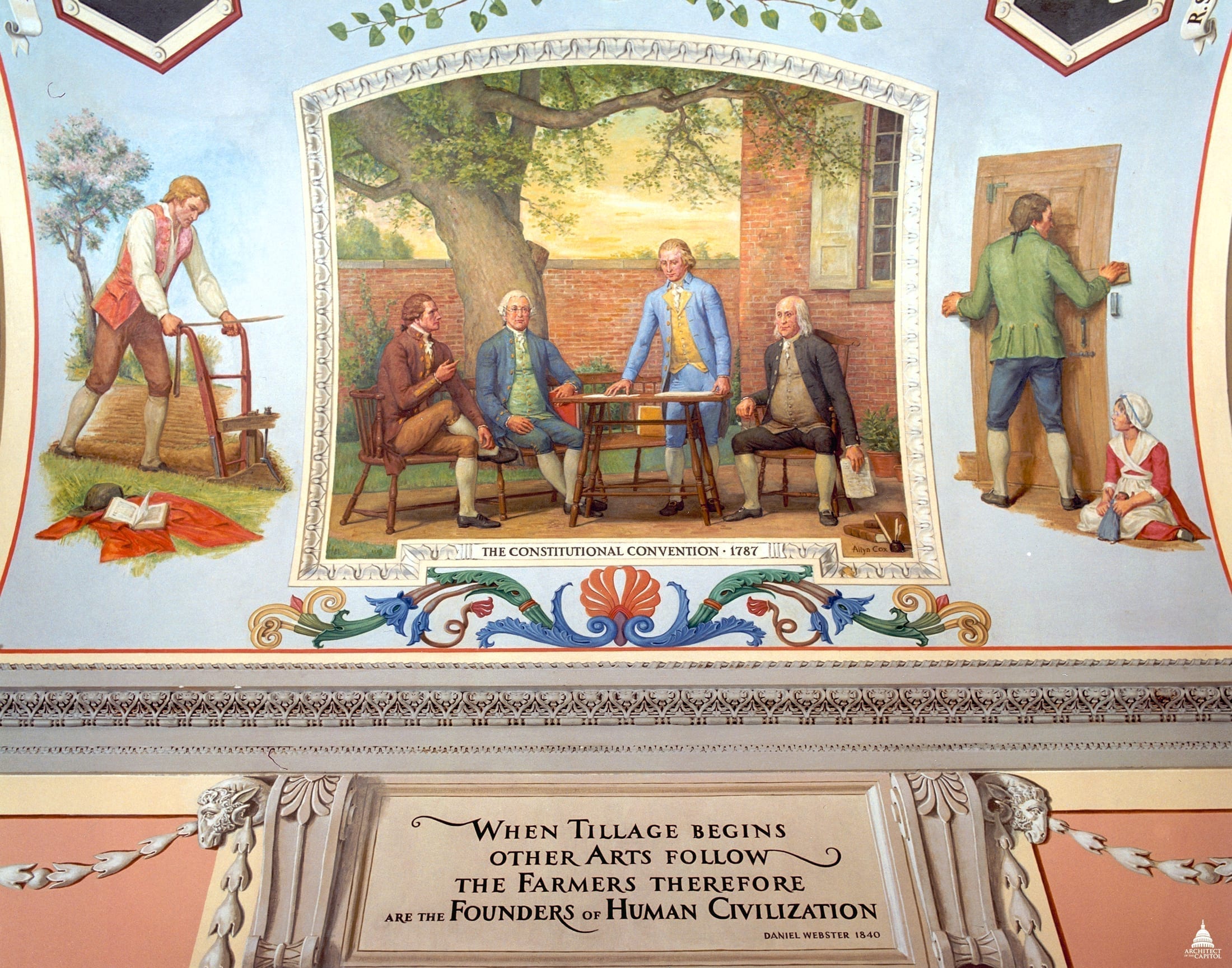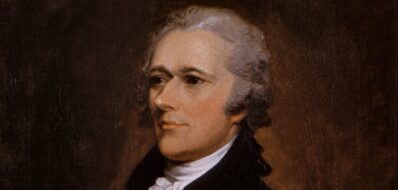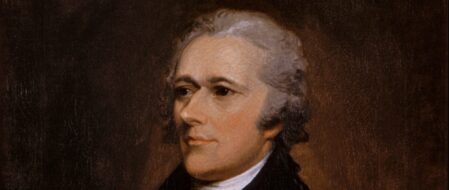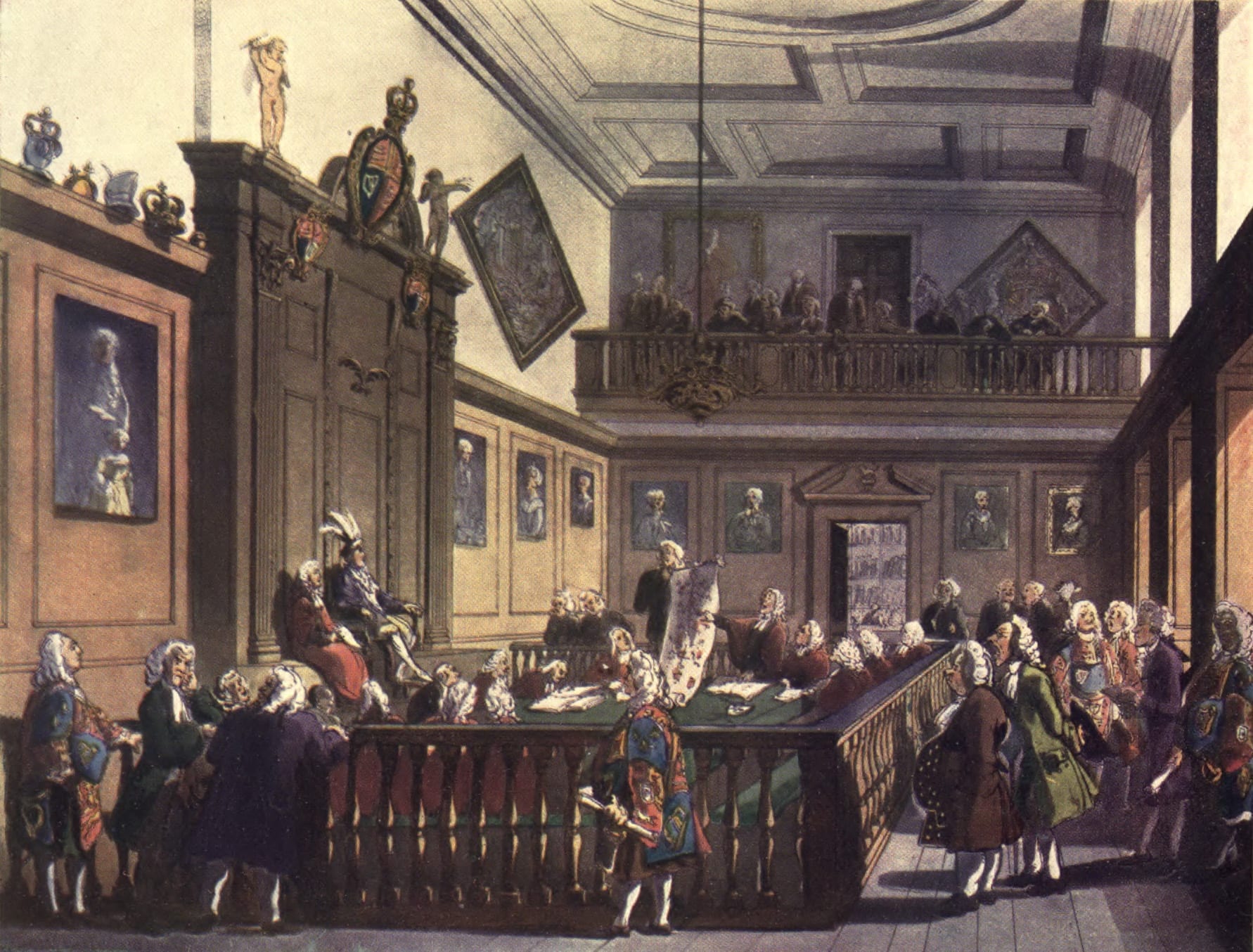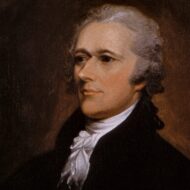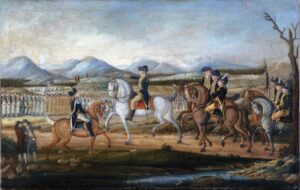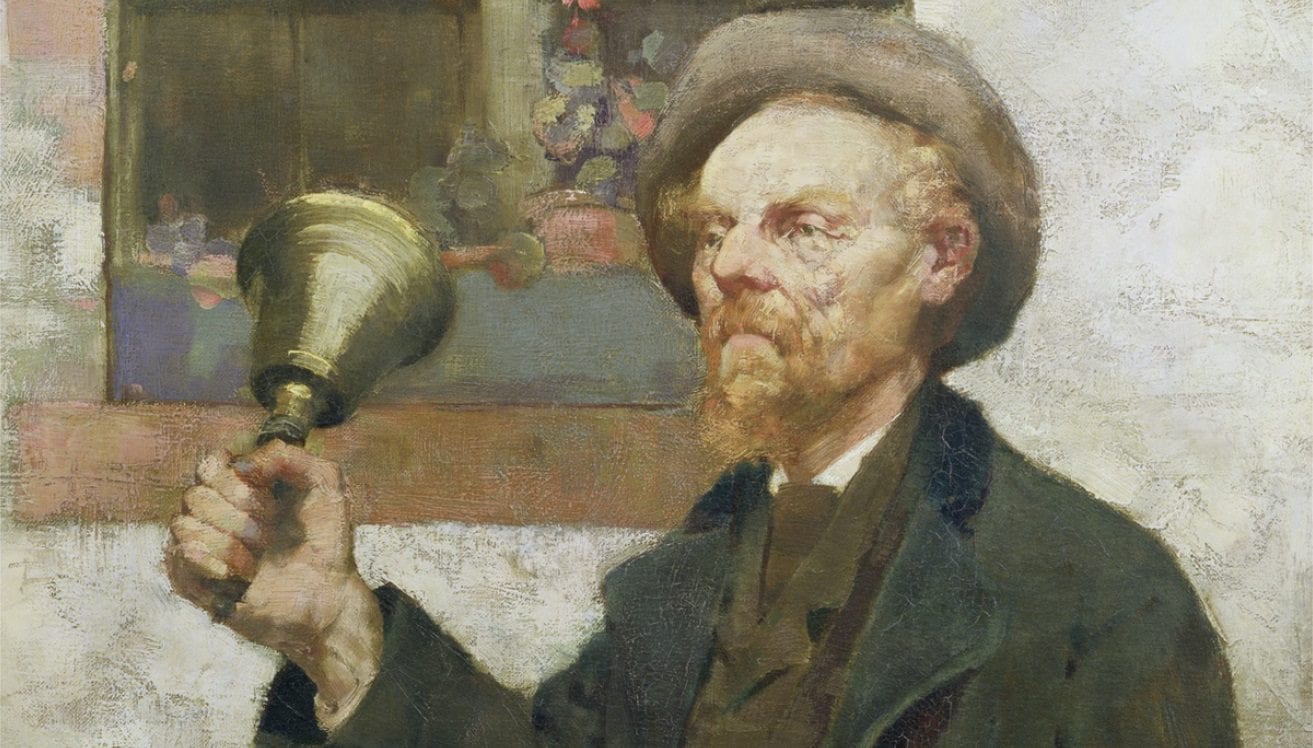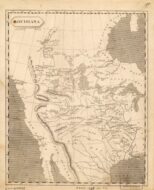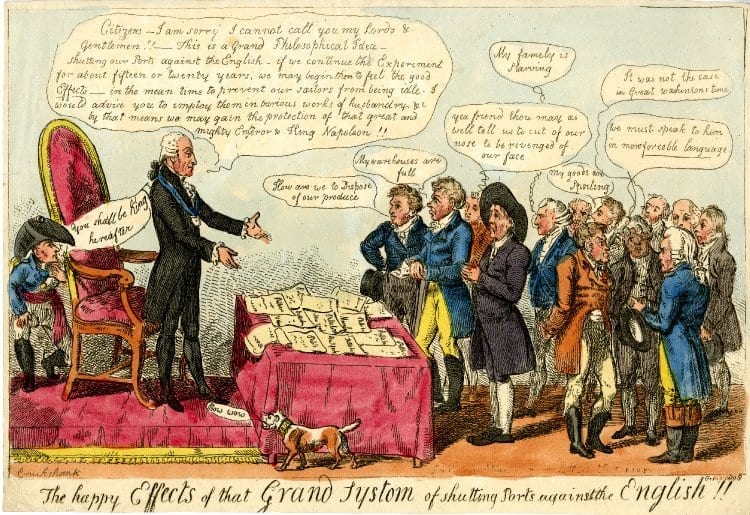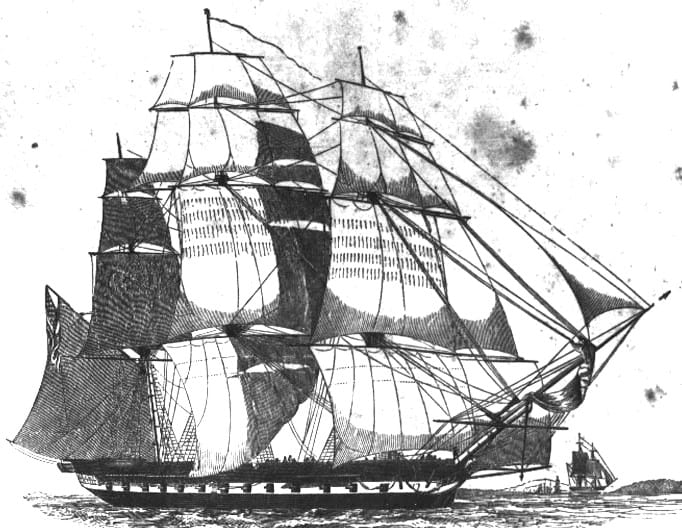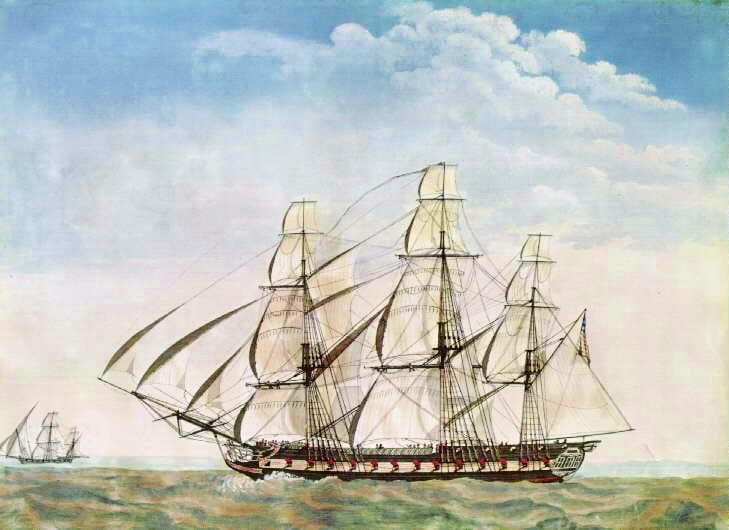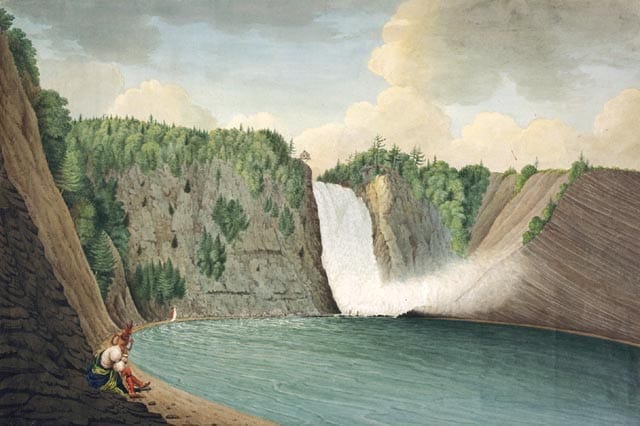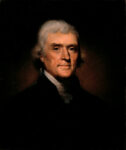


No related resources
Introduction
The Constitution established, in Article I, section 1, that “all legislative powers herein granted shall be vested in . . . Congress.” Does that mean that Congress cannot transfer the power to make laws to other branches? And if so, how can we tell when Congress has truly given away its power to make the law? Do the laws enacted by Congress have to address every minute detail, or can some of the details of the implementation of law be left to the executive? In this debate, just a few years after the Constitution was ratified, Congress debated these questions in deliberating on a law establishing post roads. The key question was whether Congress had to specify the roads in detail, or whether the president could come up with the routes.
Source: Annals of Congress 1791, pp. 230–4 (December, 1791).
The House resolved itself into a Committee of the Whole on the bill for establishing the post office and post roads within the United States.
Mr. SEDGWICK[1] moved to strike out all that clause of the bill which designated the roads, and to insert, instead thereof, these words, “by such route as the President of the United States shall, from time to time, cause to be established.”
It had appeared, he said, to be the sense of the House, when this subject was formerly under consideration, that the demarcation of the particular roads should be entrusted to the Executive; the only difference had been with respect to the mode of expression—but the effect was still to have been the same—some gentlemen thinking it best to leave the details of this business entirely to the supreme Executive, other wishing to name the postmaster general. . . . The members of the House could not be supposed to possess every information that might be requisite on this subject, and their opinions were liable to be biased by local interests. He had ever considered it as highly incumbent on the House to give the people every possible information on public concerns; but in this, as in every other subject, he thought it sufficient that the House should establish the principle, and then leave it to the Executive to carry it into effect.
Mr. LIVERMOORE[2] observed that the Legislative body being empowered by the Constitution “to establish post offices and post roads,” it is as clearly their duty to designate the roads as to establish the offices; and he did not think they could with propriety delegate that power, which they were themselves appointed to exercise. Some gentlemen, he knew, were of opinion that the business of the United States could be better transacted by a single person than by many; but this was not the intention of the Constitution. It was provided that the government should be administered by representatives, of the people’s choice; so that every man, who has the right of voting, shall be in some measure concerned in making every law for the United States. . . . The most material point, in his opinion, was to determine the road itself; if the House gave up that, they might as well leave all the rest of the business to the discretion of the postmaster, and permit him to settle the rates of postage, and every other particular relative to the post office, by saying, at once, “there shall be a postmaster general, who shall have the government of the post office, under such regulations as he from time to time shall be pleased to enact.
Mr. SEDGWICK felt himself by no means disposed to resign all the business of the House to the president, or to anyone else; but he thought that the Executive part of the business ought to be left to Executive officers. . . .
Congress, he observed, are authorized not only to establish post offices and post roads, but also to borrow money; but is it understood that Congress are to go in a body to borrow every sum that may be requisite? Is it not rather their office to determine the principle on which the business is to be conducted, and then delegate the power of carrying their resolves into execution? They are also empowered to coin money, and if no part of their power be delegable, he did not know but they might be obliged to turn coiners, and work in the mint themselves. Nay, they must even act the part of executioners, in punishing piracies committed on the high seas. In the delegation of power, the whole purpose, in his opinion, is answered, when the rules by which the business is to be conducted are pointed out by law; nor could he discover anything in the Constitution to restrict the House from adopting this mode of conducting business.
Mr. HARTLEY[3]—I cannot agree with the gentleman from Massachusetts, that as often as this business had been agitated, there had been a majority in the House in favor of leaving it to the Executive to designate the post roads. Nay, so far as my recollection (which is perhaps not so good as that gentleman’s) serves me, we uniformly have had a majority for Congress to point out the post roads.
The Constitution seems to have intended that we should exercise all the powers respecting the establishing post roads we are capable of; but the gentleman says we are not competent to this duty, that it must be entrusted to the Executive.
. . .
We represent the people, we are constitutionally vested with the power of determining upon the establishment of post roads; and, as I understand at present, ought not to delegate the power to any other person.
. . .
Mr. PAGE[4]—If the motion before the committee succeeds, I shall make one which will save a deal of time and money, by making a short session of it; for if this House can, with propriety, leave the business of the post office to the president, it may leave to him any other business of legislation; and I may move to adjourn and leave all the objects of legislation to his sole consideration and direction. But how the president should be better acquainted with the proper places for post office and post roads than the representatives of the people, I cannot conceive. In Virginia, for instance, cannot the ten representatives say, with more certainty, what post roads would be proper in that state than any one man? I look upon the motion as unconstitutional, and if it were not so, as having a mischievous tendency, which I am willing to believe the member who made it is not aware of.
[At the conclusion of this debate, Sedgwick’s motion to delegate the power to designate post roads to the President was defeated. The final bill specified the route of the post roads in great detail, laying out each town through which the route needed to proceed.]
- 1. Theodore Sedgwick (1746–1813) served in both houses of Congress during the first six sessions of its existence. From Massachusetts, Sedgwick was a representative in the House from March 1789 through June 1796, when he resigned. He left in order to fill a vacancy in the Senate, and served until 1799; during this time, he served as the president pro tempore of the Senate. After this, he returned to the House, and was elected Speaker of the House of Representatives during the Sixth Congress (1799–1801).
- 2. Samuel Livermore (1732–1803) represented the State of New Hampshire in both houses of Congress. Livermore served as the representative from New Hampshire’s 3rd at-large district from 1789–1793. Then, he served as a senator from 1793–1801. Livermore briefly presided over the Senate during the Fourth and Sixth Congresses.
- 3. Thomas Hartley (1748–1800) represented Pennsylvania from the First through the Sixth Congresses. Hartley frequented social and official events hosted by President George Washington and First Lady Martha Washington. He served in the House from 1789 until his death in 1800.
- 4. John Page (1743–1808) served as a representative from Virginia’s 7th district (1789–1793) and 12th district (1793–1797). He then served as the 13th governor of Virginia from 1802 to 1805. Page was married to the early American poet, Margaret Lowther Page (1759–1835), and wrote poetry himself.
Government of the United States
February 04, 1792
Conversation-based seminars for collegial PD, one-day and multi-day seminars, graduate credit seminars (MA degree), online and in-person.






